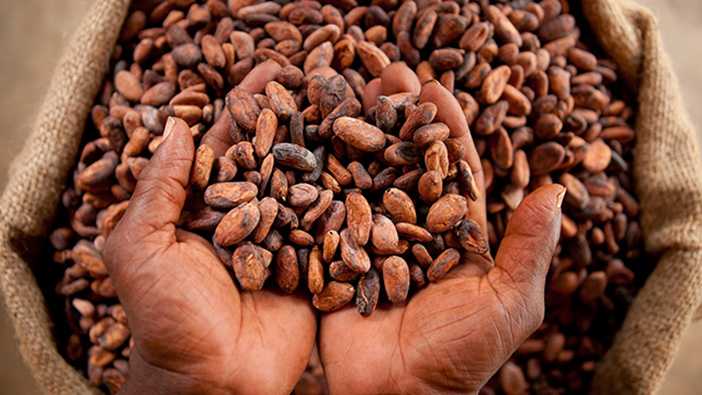WASHINGTON, U.S. — The Ivorian economy has remained buoyant since the start of the year, posting one of the fastest growth rates in Africa. This rate is projected to reach 7.2 % in 2019, compared to 7.4% last year. This was the finding of the ninth economic update for Côte d’Ivoire published today by the World Bank. This sound performance is due primarily to regained private sector momentum, which had slowed in 2016 and 2017. The private sector is once again the main engine of growth in the country.
Entitled Au pays du cacao, comment transformer la Côte d’Ivoire (Cacaoland, How to Transform Côte d’Ivoire), the report notes that government reforms aimed at improving the business climate encouraged enterprises to step up investments in 2018. The study points out, however, that unlike the 2012-2105 period when the entire private sector expanded, the current recovery has revolved around the telecommunications, agribusiness, and construction sectors. Furthermore, contributions from the external and public sectors have declined owing to the deterioration in the terms of trade and the fiscal adjustment initiated by the authorities.
“The outlook remains positive in the short and medium term, with, among other things, inflation that is under control, a government deficit that is expected to fall, and a gradual increase in exports,” explains Jacques Morisset, World Bank Program Leader for Côte d’Ivoire and lead author of the report. “Several risks could, however, alter these projections, particularly those pertaining to the fragility of the global economic situation and financial markets and to the 2020 presidential elections that could prompt a cautious approach among economic actors and consumers.”
The study calls on the Government to focus in particular on managing its accounts because, although the government deficit fell from 4.5% to 4% of GDP between 2017 and 2018, this adjustment essentially involved major budget cuts, including a decline in public investment, rather than higher tax revenue collection.
As Côte d’Ivoire’s economic model is built around the agricultural sector, particularly cocoa, of which the country is the leading global producer, the report focuses on the cocoa industry and paints a worrying picture. Although harvests have quadrupled since 1960 to over 2 million metric tons in 2018, the living conditions of producers have not fundamentally changed. In 2015, 54.9% of them were living below the national poverty line. Furthermore, this increased production has had a detrimental impact on Côte d’Ivoire’s natural capital, with the alarming destruction of forests that currently cover roughly 3 million hectares compared to 12 million in 1960.
According to the study, these challenges also provide an opportunity as they spur Côte d’Ivoire to revamp the entire cocoa value chain in order to transform its economy. It proposes three approaches: leverage technology to increase yields and shift from extensive to intensive growth; set up traceability systems to offers consumers a guarantee of responsible cocoa production; and develop the local processing industry.
“Côte d’Ivoire has a unique opportunity to improve the living conditions of its cocoa producers and create jobs along the processing chain while restoring its natural capital,” notes Coralie Gervers, World Bank Country Director for Côte d’Ivoire, Benin, Guinea, and Togo. “There is an urgent need to modernize the cocoa sector and ensure that it becomes a true driver of inclusive growth.”


















